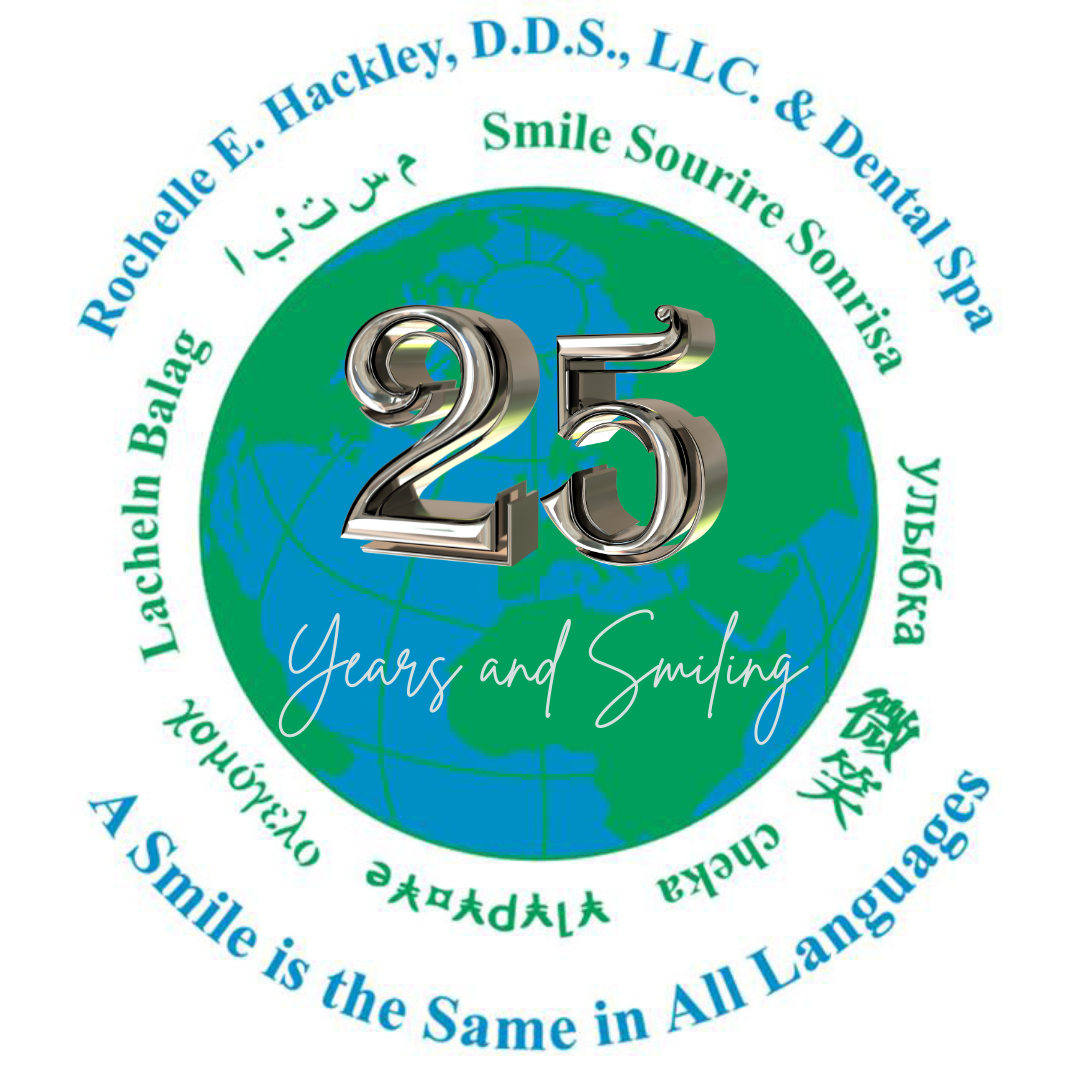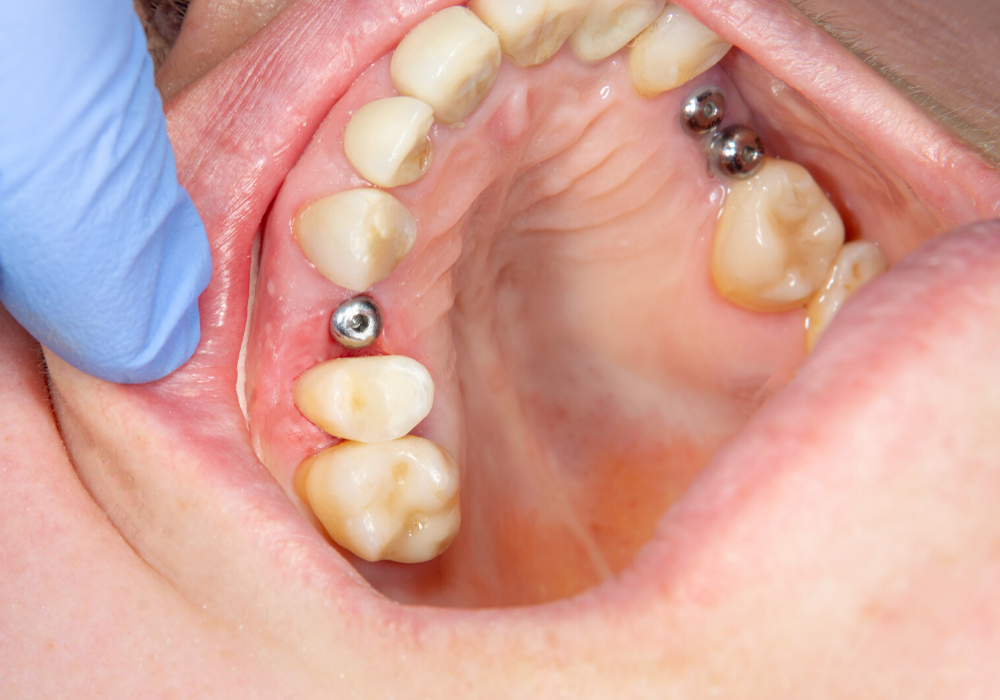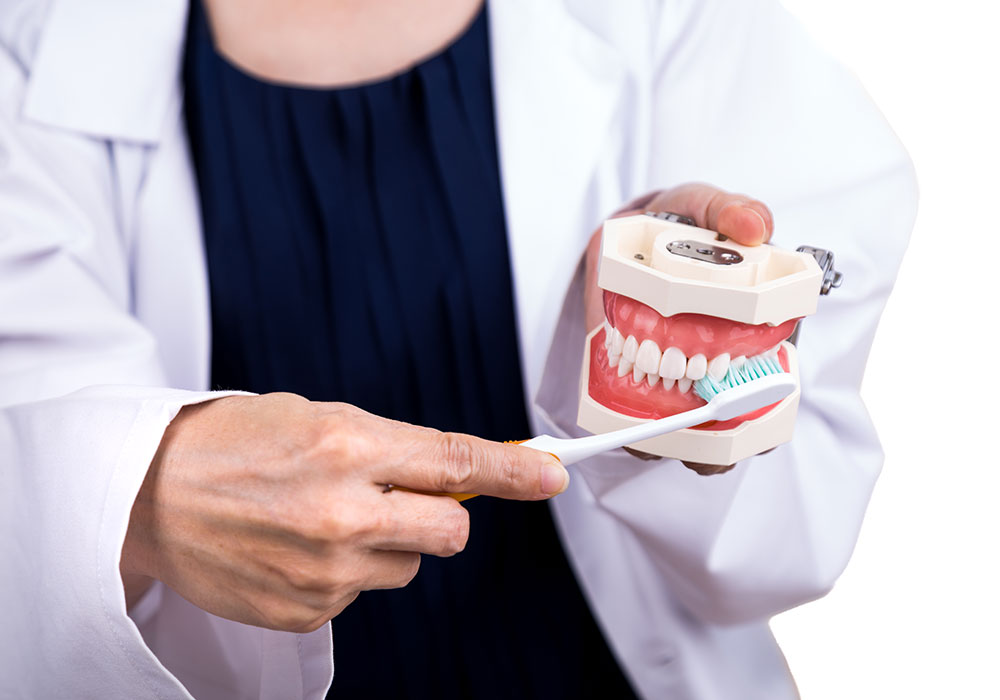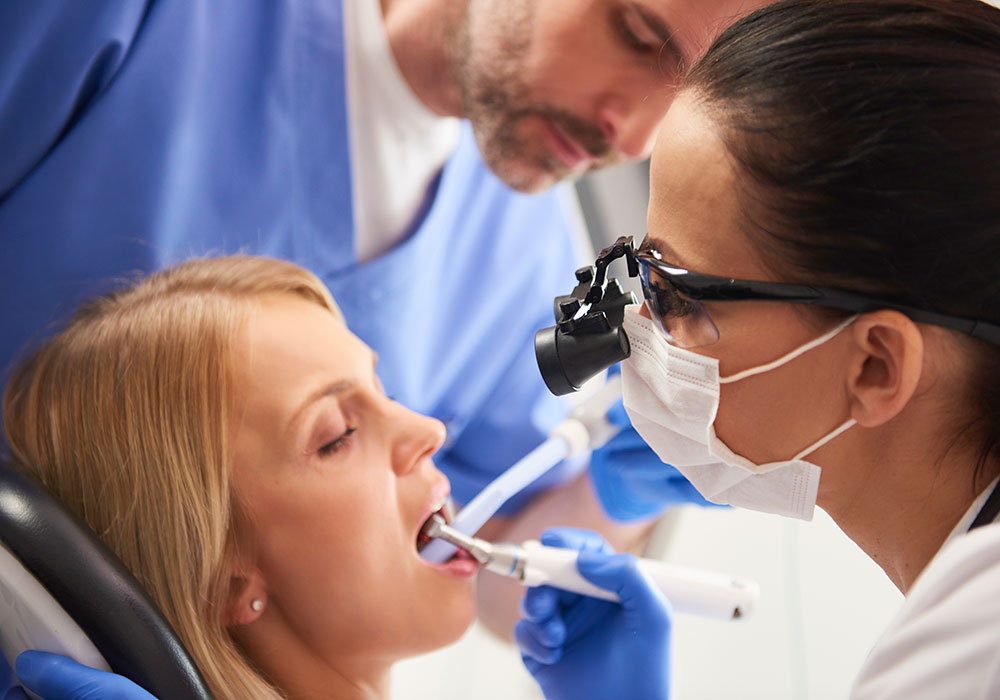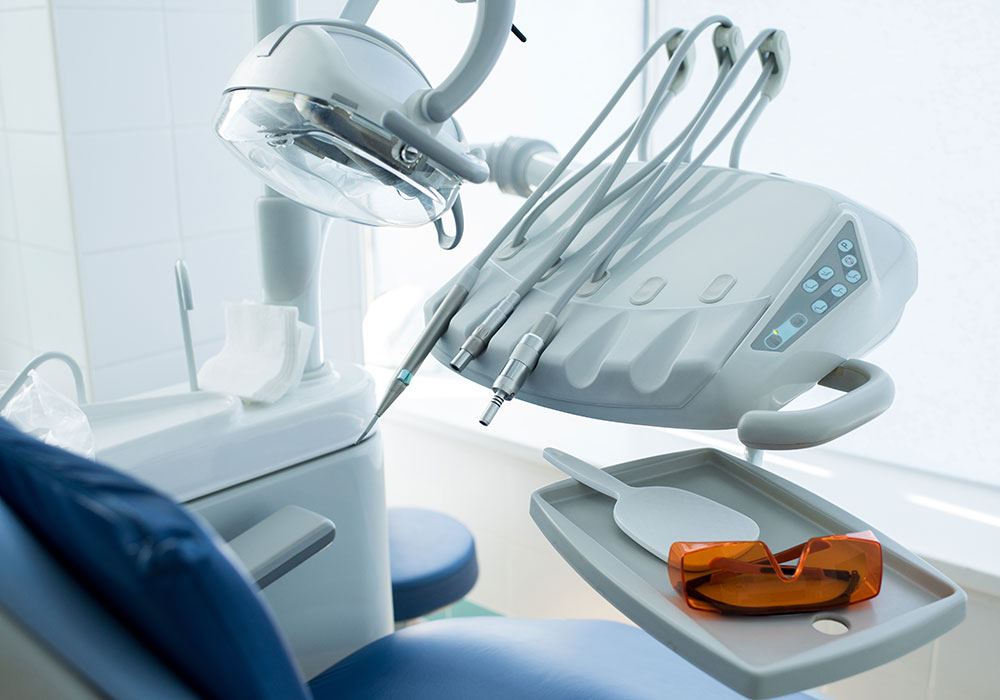Brushing your teeth is essential, but it’s not enough. To maintain optimal oral health, you need to floss. But is flossing actually important? At Hackley DDS, we’re here to explain why flossing is vital for a bright, healthy smile.
What Does Flossing Do?
Flossing removes food particles and plaque that brushing can’t reach. It’s especially effective in cleaning between teeth and along the gumline. Without flossing, bacteria can build up, leading to tooth decay and gum disease.
The Risks of Skipping Flossing
Neglecting to floss can have serious consequences:
- Tooth Decay: Plaque between teeth can harden into tartar, causing cavities.
- Gum Disease: Bacteria trapped near gums can cause inflammation and infection.
- Bad Breath: Food particles left behind lead to odor-causing bacteria.
- Tooth Loss: Advanced gum disease can weaken teeth and their supporting structures.
How to Floss Correctly
Proper technique ensures effective cleaning:
- Use 18 inches of floss, winding it around your fingers for control.
- Gently glide the floss between teeth, forming a “C” shape around each tooth.
- Move the floss up and down to remove debris.
- Use a clean section of floss for each tooth.
Alternatives for Easier Flossing
If traditional flossing is challenging, try these tools:
- Water Flossers: Use water pressure to clean between teeth.
- Floss Picks: Convenient for on-the-go cleaning.
- Interdental Brushes: Ideal for larger gaps or braces.
The Verdict: Is Flossing Actually Important in Rockville?
Yes, flossing is a crucial part of oral hygiene. It complements brushing by targeting areas a toothbrush can’t reach. The team at Hackley DDS recommends flossing daily to prevent dental issues and keep your smile healthy.
Take Charge of Your Oral Health
Regular flossing, combined with brushing and dental check-ups, ensures a strong foundation for oral health. If you’re still asking yourself is flossing actually important – the answer is YES! Contact us today to learn more!
You’ve probably heard the saying, “You are what you eat.” This is especially true for your teeth and gums. The starchy or sugary foods we enjoy are also favorites of the bacteria in your mouth, which can lead to tooth decay and gum disease.
The difference between a healthy smile and frequent trips to the dentist largely depends on your diet. Even with a solid oral hygiene routine—brushing twice a day and flossing once daily—keeping your teeth healthy long-term can be challenging.
Which Foods are Best for Teeth and Gum Health?
Some of the top foods for a healthy mouth are fresh fruits and vegetables, thanks to their high nutritional value and natural teeth-cleaning benefits. Calcium-rich foods, such as low-fat or fat-free milk, yogurt, cheese, fortified soy drinks, tofu, canned salmon, almonds, and dark green leafy vegetables, promote strong teeth and bones. Chewing crunchy foods stimulates saliva production, which, along with water, helps wash away plaque-causing bacteria and food particles.
Cheese, Milk, and Yogurt
Cheese is one of the top foods for a healthy mouth for several reasons. It is low in sugar and high in calcium, and contains casein, a protein that helps fortify tooth enamel. The high calcium content supports bone density, while the phosphate in cheese helps balance pH levels in the mouth, preserving tooth enamel. Additionally, chewing cheese increases saliva production, which helps wash away bacteria.
Besides fluoridated water, milk is the best drink for your teeth. It is rich in calcium and other essential nutrients and lowers acid levels in the mouth, helping to fight tooth decay.
Yogurt is also beneficial, as it is packed with calcium and probiotics that protect against cavities, gum disease, and even bad breath.
Water
Water stands out as the healthiest drink available. Our bodies are composed of 60% water, and staying hydrated helps distribute nutrients, eliminate waste, maintain healthy skin, and keep muscles functioning. Drinking water also significantly benefits your teeth, especially if it’s fluoridated. Fluoridated water, known as “nature’s cavity fighter,” helps prevent cavities. Additionally, water washes away food particles and maintains high saliva levels, promoting oral health.
Leafy Greens (Spinach, Lettuce, Kale)
Super healthy leafy greens are rich in calcium, folic acid, and essential vitamins and minerals that benefit your teeth and gums. Crunchy fresh greens in salads and sandwiches also help clean your teeth.
Apples and Pears
Will an apple a day keep the dentist away? Maybe not entirely, but it certainly helps. Eating apples and other hard, fibrous fruits can clean your teeth and increase saliva production, which neutralizes the citric and malic acids left in your mouth. While sugary apple juice can contribute to tooth decay, fresh apples are less likely to cause problems. Chewing the fibrous texture of apples stimulates your gums, reduces cavity-causing bacteria, and increases saliva flow.
Unlike many acidic fruits, raw pears effectively neutralize acids in your mouth that cause decay.
Nuts
Nuts offer numerous health benefits for your teeth, being rich in essential elements like calcium and phosphorus. Almonds, Brazil nuts, and cashews are particularly beneficial as they help fight bacteria that cause tooth decay. Peanuts are a great source of calcium and vitamin D, while almonds provide significant amounts of calcium, supporting teeth and gums. Cashews stimulate saliva production, and walnuts are packed with fiber, folic acid, iron, thiamine, magnesium, niacin, vitamin E, vitamin B6, potassium, and zinc.
Top Foods for a Healthy Mouth
A diet that promotes good oral health involves not just what you eat, but also when and how you eat. One effective way to protect your teeth is by eating raw foods at the end of meals. These foods help clean teeth, massage gums, and stimulate saliva production, which washes away any remaining food particles. Dr. Hackley and our knowledgeable and compassionate staff are dedicated to helping you create and maintain a smile you love. Contact us today to schedule an appointment!
What are cavities and how can we prevent them? Essentially, cavities are holes in the enamel of your tooth. They can cause pain and discomfort, and if left untreated, lead to more decay. Here are some simple things you can do to prevent cavities.
What is a cavity?
A cavity is a hole in your tooth. In the early stages, it may look like a white spot but over time it will begin to look brow or black. They can be big or small. While they can be in many places, they often form on the tops of your teeth, where you bite and in between teeth, where food gets stuck.
Cavities cause pain, sensitivity, infections, and can even cause you to lose your teeth. The best way to keep your teeth healthy is to prevent cavities.
What causes cavities?

During the day, the bacteria in our mouth feed off of the foods we eat. Anytime we eat or drink sugar, the bacteria eat the sugar and turn it into acid. This acid stays on our teeth and essentially attacks the outer surface.
Over time, this acid wears down our teeth, creating a cavity. If the cavity isn’t fixed, the bacteria get inside it and travel from the outside of the tooth into the dentin and then the pulp, creating an infection.
Dental infections can be very serious. If you notice redness, pain and swelling in your face or mouth you should seek care.
Higher Risks for Cavities
Anyone can get cavities, but you may be at a higher risk if you:
- Snack between meals
- Have cracked or chipped teeth
- Eat sugar foods or drinks
- Take medications that cause dry mouth
- Have a personal and/or family history of cavities
- Have had head or neck radiation therapy
How to Prevent Cavities
The best ways to prevent cavities are to maintain good oral health and hygiene habits. This includes:
- Drink plenty of water
- Brush with fluoride toothpaste 2 times a day
- Floss
- Limit sweet snacks between meals
- Limit sugary foods and drinks like candies and soda.
- Don’t sip or snack on sugary things all day. If you are going to eat/drink them, do so at mealtimes and brush after.
- Visit your dentist regularly for cleanings and exams.
- Sealants can be placed on the back teeth to help protect them from bacteria causing cavities in hard-to-reach grooves.
For more help with your oral health, please visit Hackley DDS. Let us take care of your teeth and keep your smile healthy and beautiful!
